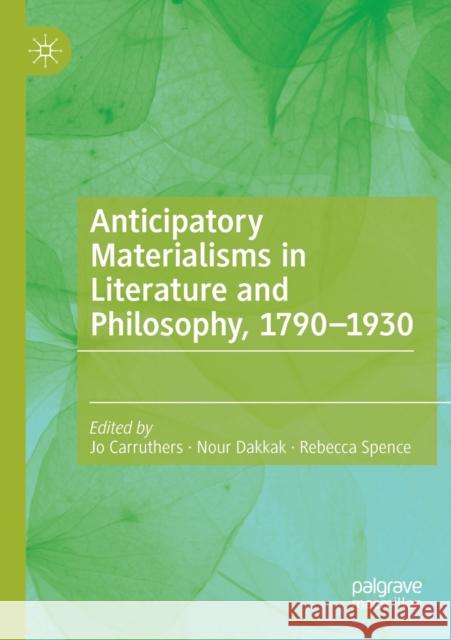Anticipatory Materialisms in Literature and Philosophy, 1790-1930 » książka
topmenu
Anticipatory Materialisms in Literature and Philosophy, 1790-1930
ISBN-13: 9783030298197 / Angielski / Miękka / 2021 / 244 str.
Anticipatory Materialisms in Literature and Philosophy, 1790-1930
ISBN-13: 9783030298197 / Angielski / Miękka / 2021 / 244 str.
cena 443,82
(netto: 422,69 VAT: 5%)
Najniższa cena z 30 dni: 424,07
(netto: 422,69 VAT: 5%)
Najniższa cena z 30 dni: 424,07
Termin realizacji zamówienia:
ok. 22 dni roboczych.
ok. 22 dni roboczych.
Darmowa dostawa!
Kategorie:
Kategorie BISAC:
Wydawca:
Palgrave MacMillan
Język:
Angielski
ISBN-13:
9783030298197
Rok wydania:
2021
Wydanie:
2019
Ilość stron:
244
Waga:
0.32 kg
Wymiary:
21.01 x 14.81 x 1.42
Oprawa:
Miękka
Wolumenów:
01
Dodatkowe informacje:
Wydanie ilustrowane











